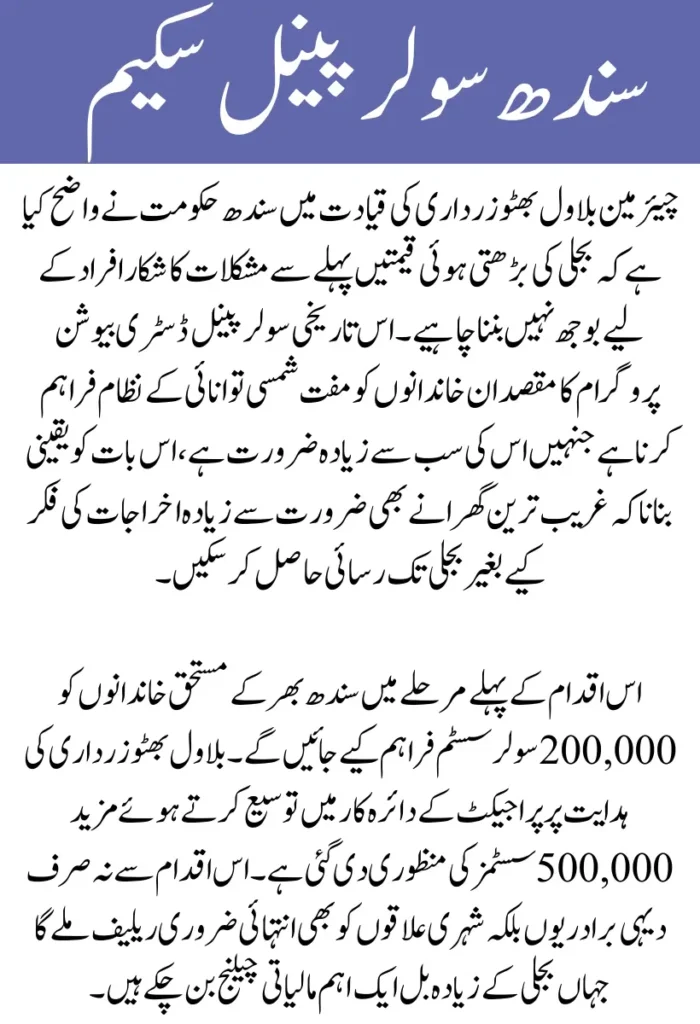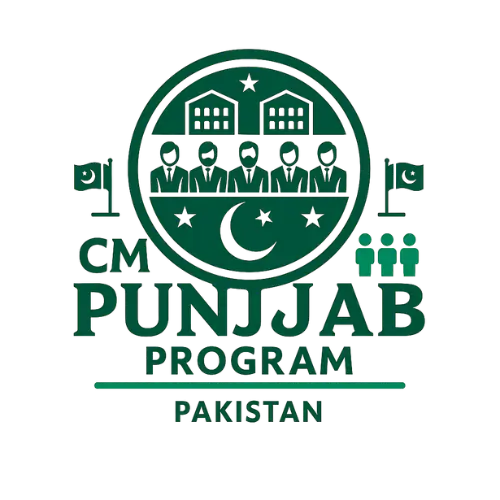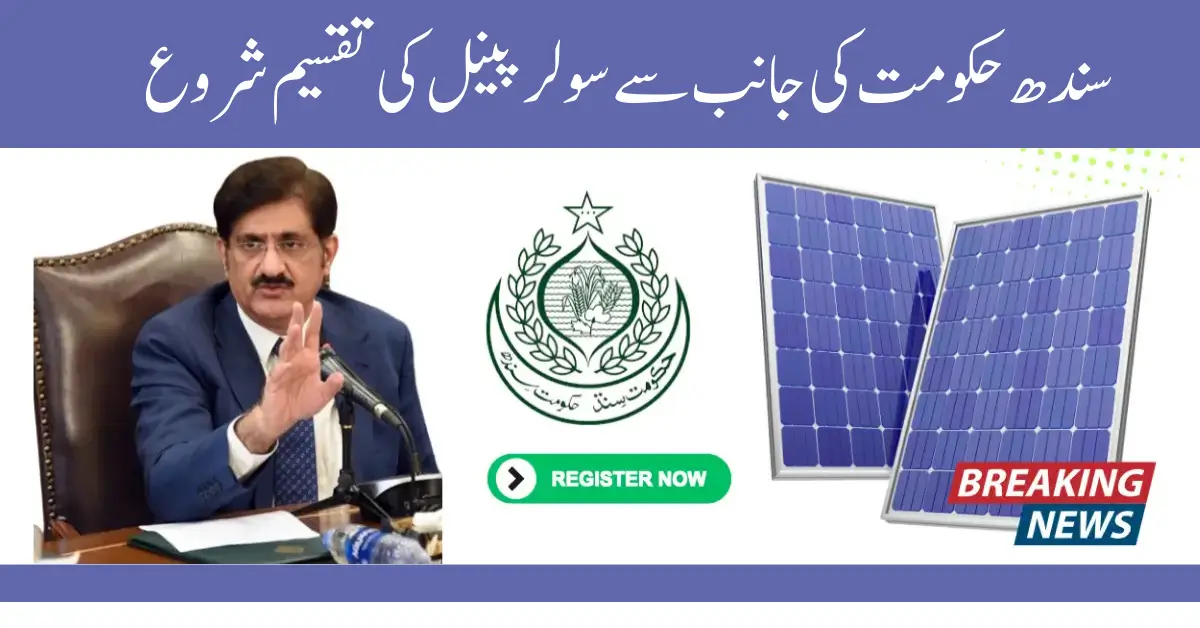Solar Power Initiative for the Needy
In a move to help combat the burden of soaring electricity bills, the Sindh government is set to distribute 500,000 solar panels to low-income households. This project is a part of a larger initiative designed to provide affordable and sustainable energy solutions to families in need. The initiative promises to allow many families to use solar power without the added financial strain.
For More Information: Punjab Government Rewards Farmers
A Vision for Affordable Energy
Under the leadership of Chairman Bilawal Bhutto Zardari, the Sindh government has made it clear that the rising costs of electricity should not be a burden for those already struggling. This historic solar panel distribution program aims to provide free solar energy systems to families who need it the most, ensuring that even the poorest households can access power without the worry of excessive costs.
In the first phase of the initiative, 200,000 solar systems will be provided to deserving families across Sindh. On the direction of Bilawal Bhutto Zardari, approval has been given for an additional 500,000 systems, extending the project’s reach. This move will provide much-needed relief not only to rural communities but also to urban areas where high electricity bills have become a significant financial challenge.

Expanding Beyond Solar Panels
The Sindh government is not stopping at solar panels. Alongside this solar initiative, the government has begun exploring other sources of renewable energy. Recently, 18 MW solar systems were installed in 35 government buildings, with plans for a revolutionary waste-to-energy project soon. The goal is to ensure that affordable and sustainable energy sources are available to the people of Sindh, and this remains a key priority for the provincial government.
Why is the Sindh Government Launching This Initiative?
The rising electricity costs have placed a heavy burden on the poor, and Bilawal Bhutto Zardari believes that it is crucial to seek alternatives. Given the provincial government’s limited resources, the program was launched in partnership with the World Bank, ensuring effective implementation and wider reach.
For More Information: Punjab’s CM Asaan Karobar Finance & Card Scheme
World Bank Partnership for Efficient Implementation
Sindh Chief Minister Murad Ali Shah explained that, due to limited financial resources, the Sindh government entered into a partnership with the World Bank to make this program a reality. This collaboration has allowed the province to expand its solar energy initiative and reach more households in need of relief from high electricity expenses.
Who Can Receive Free Solar Panels?
To qualify for the solar panel distribution program, applicants must meet the following criteria:
- Must be a resident of Sindh.
- Should belong to a low-income group.
- Preference will be given to those in rural or off-grid areas.
- Must have a valid Computerized National Identity Card.
- Should not already possess a solar system from another government initiative.
Solar Panel Distribution Strategy
The Sindh government has created a detailed plan for distributing the solar systems to ensure fairness and efficiency:
- Phase One: 200,000 solar panels will be distributed across various districts in Sindh, with a focus on low-income and rural households.
- Additional Distribution: As part of Bilawal Bhutto Zardari’s directive, the government has approved the addition of 500,000 more solar systems to the project.
- Collaboration with the World Bank: The World Bank’s involvement ensures transparency and proper implementation of the distribution process.
- Focus on Rural and Urban Areas: While the main focus is on rural communities, certain urban areas with high electricity costs will also benefit from the initiative.
Sindh Government’s Broader Energy Plans
In addition to the solar panel distribution, the Sindh government is taking additional steps to reduce energy costs:
- Solar Energy for Government Buildings: 35 government buildings in Karachi have been equipped with 18 MW of solar power to reduce electricity costs.
- Waste-to-Energy Project: A project to convert waste into electricity is under development, providing an innovative solution to energy challenges.
- Thar Energy Projects: Despite facing opposition, Sindh continues to harness the country’s cheapest electricity from Thar’s resources.
Final Thoughts
The Sindh government’s solar panel initiative is a major step toward providing affordable and reliable energy for low-income families. With 700,000 solar systems now approved, this project promises to significantly reduce dependency on expensive grid power, offering a sustainable and accessible energy source for Sindh’s most vulnerable communities.

